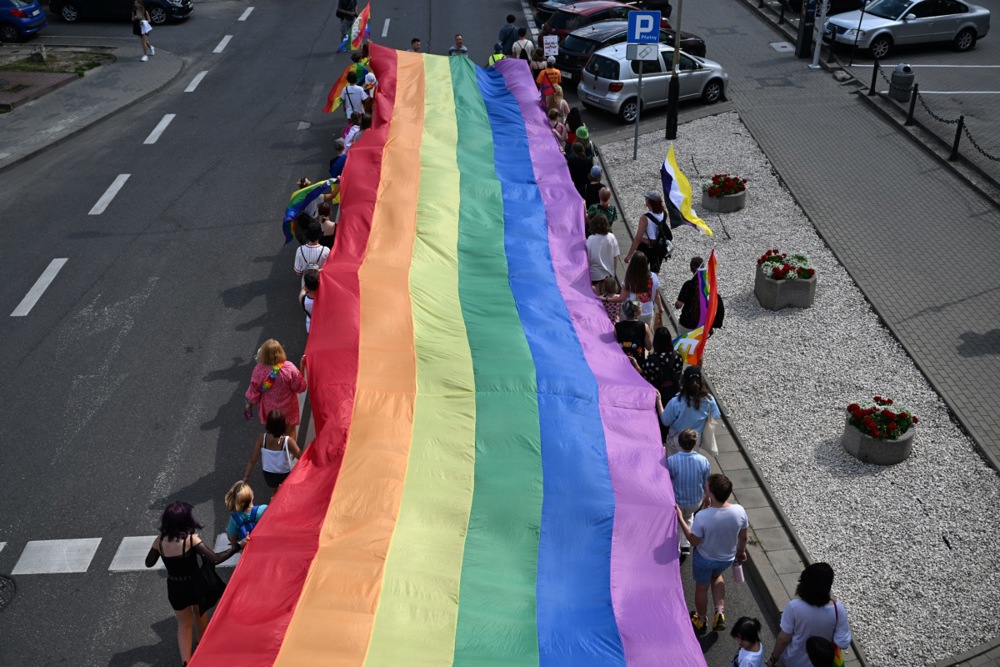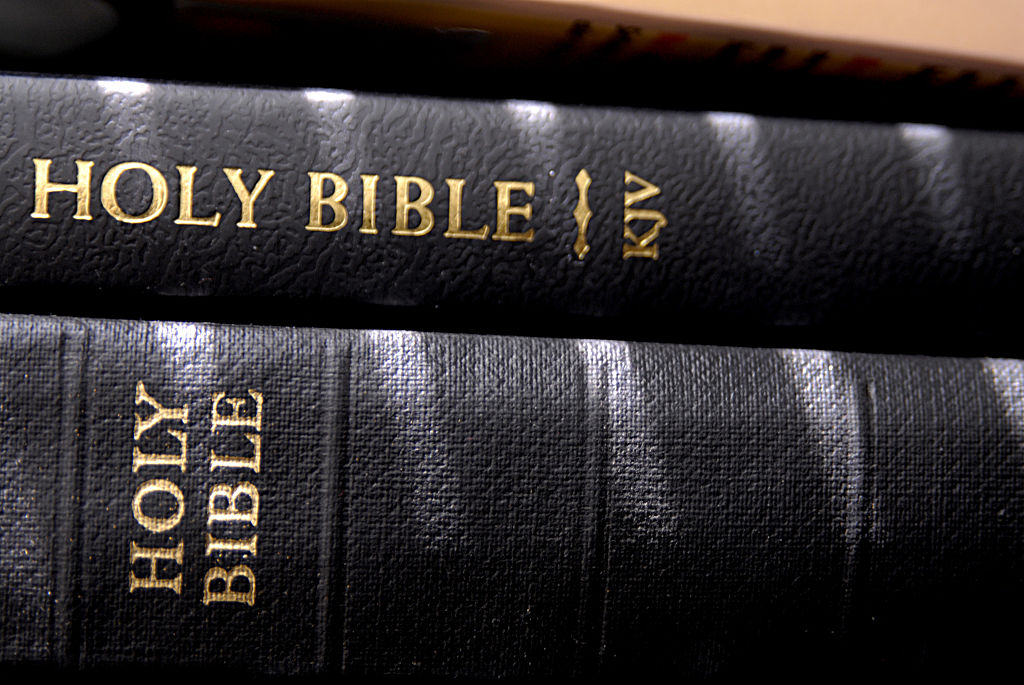Polish President Andrzej Duda has refused to sign into law a government bill on hate speech from the centre-left coalition government led by Prime Minister Donald Tusk.
Duda cited concerns about potentially negative impacts on minority groups such as the LGBT community – despite the fact that it had already been passed by parliament.
In explaining his decision, he argued: “The provisions in question raise doubts from the perspective of the implementation of the freedom of expression guaranteed by the Constitution.”
He said he also felt that the proposed law “carries a high risk of its instrumental use and thus creating a kind of preventive censorship”.
“Resorting to the penal code is justified only when the desired goal cannot be achieved in any other way and the drafters have failed to demonstrate that the existing safeguards are insufficient,” Duda added.
Instead, the President, who is aligned to the opposition Conservatives (PiS) that voted against the proposal, on April 17 sent it it to the Constitutional Court to decide whether the provisions of the legislation were in line with constitutional guarantees on free speech.
Since all of the justices who currently sit in the Constitutional Court were elected during the time of the previous PiS administration, it was thought most unlikely that the court would approve the legislation.
In addition, the Tusk government does not recognise the legitimacy of the court and has refused to publish its verdicts because it has contested the election of three of the 15 justices.
Poland’s existing hate crime laws applied to “crimes motivated by hatred because of the victim’s national, ethnic, racial, political or religious affiliation”. They punish violence, threats or insults motivated by such hatred, or promoting ideologies based on it, with prison sentences of up to five years.
Last year, a court convicted members of a life campaigners group of defamation for displaying slogans linking LGBT+ people to paedophilia. To many, that suggested current legal provisions do protect minorities from abuse.
The ministry of justice, though, argued: “These provisions do not provide sufficient protection for all minority groups who are particularly vulnerable to discrimination, prejudice and violence.” Therefore the ministry proposed to add sex/gender, age and disability to the existing categories covered by hate crime legislation.
Adding sexual orientation and gender to hate crime laws was one of the elements of the ruling coalition agreement between Tusk’s Civic Coalition (KO), the Left Party and the centre-right Third Way alliance.
The legislative change had been requested by the LGBT lobby that argued it had been stigmatised in the eight years of the last PiS government (2015-2023). During that period, LGBT groups claimed, the party and Duda campaigned against LGBT and gender ideologies as being alien to Poland’s traditions and norms.
The proposed legislation may return to parliament after the arrival of a new president in August if the ruling coalition wins the presidential election.
Duda is not seeking reelection as he would have served a second and final term as head of state.
The front runner to replace him, according to the latest polls, remained Warsaw’s Mayor Rafał Trzaskowski who is standing for Tusk’s party, although his lead over the PiS candidate Karol Nawrocki has been narrowing of late.





